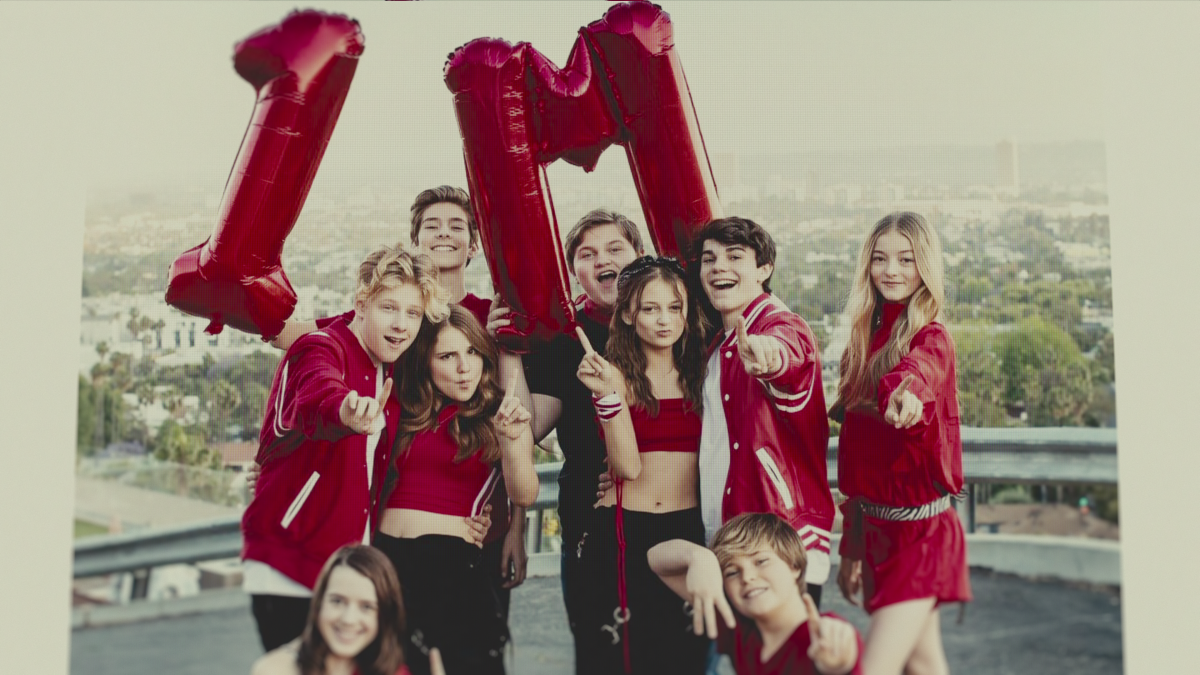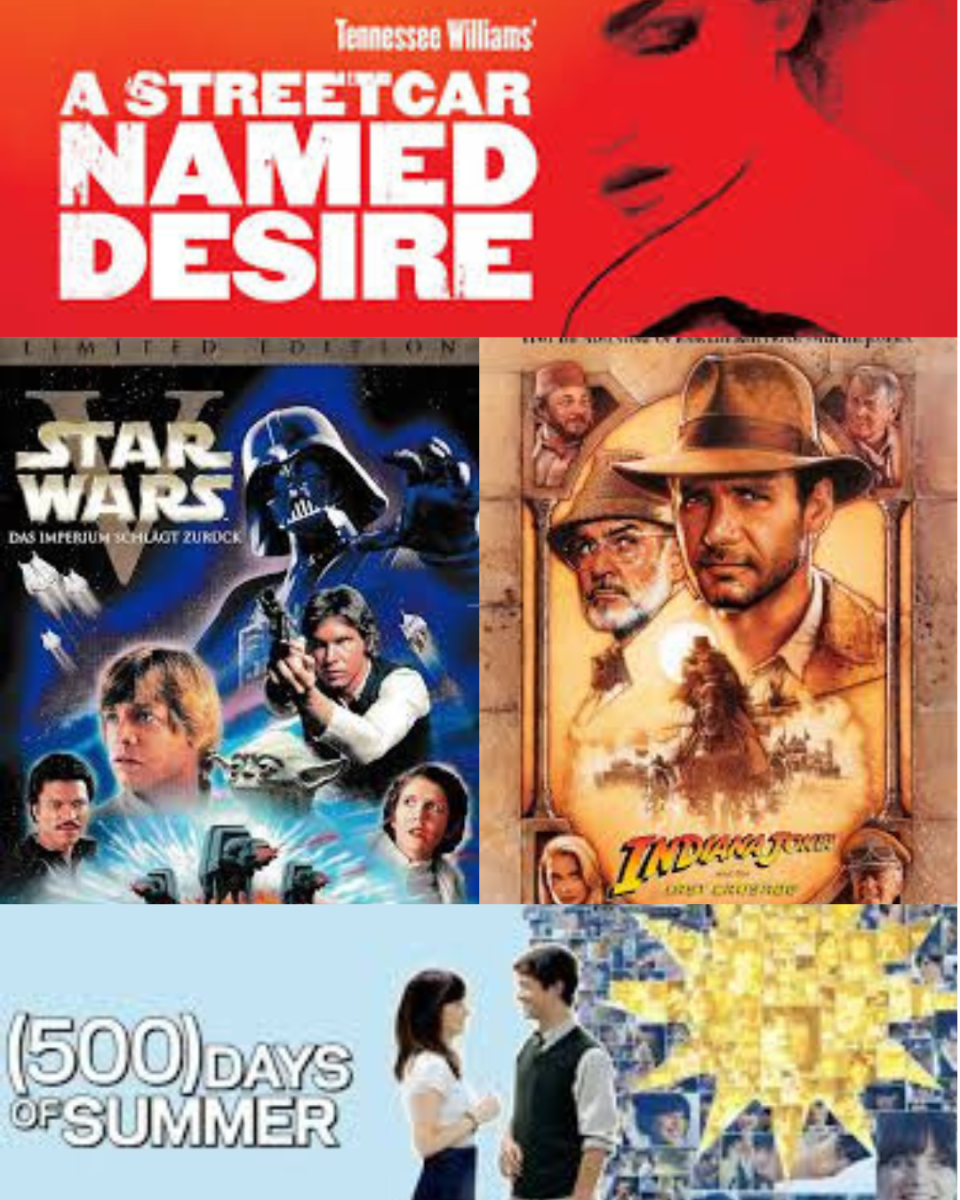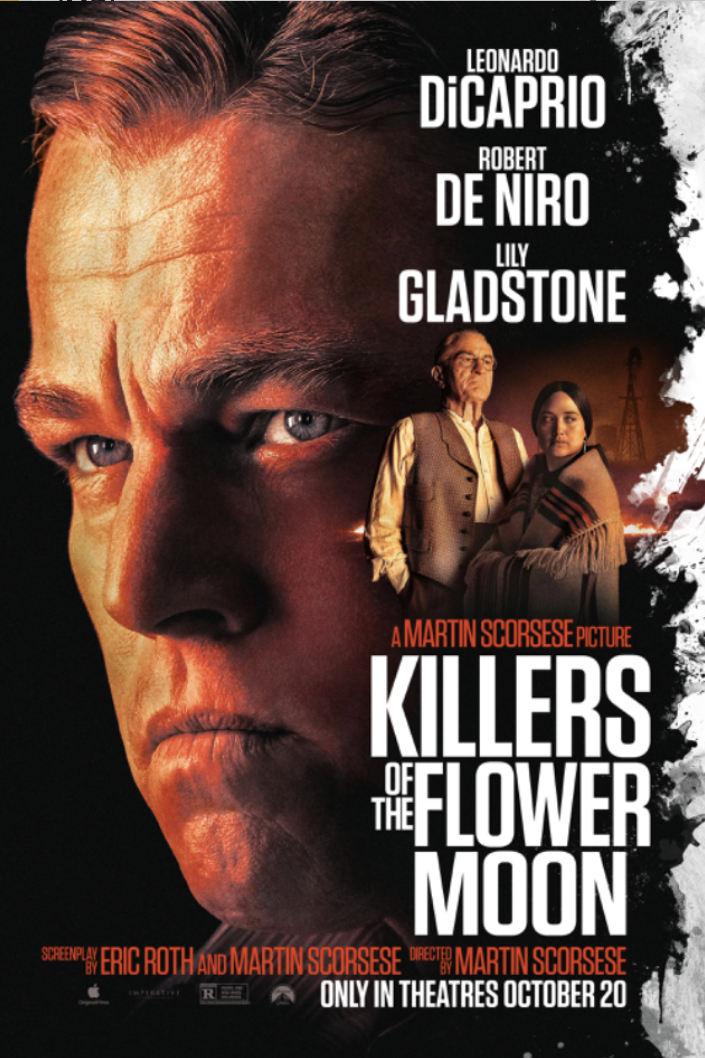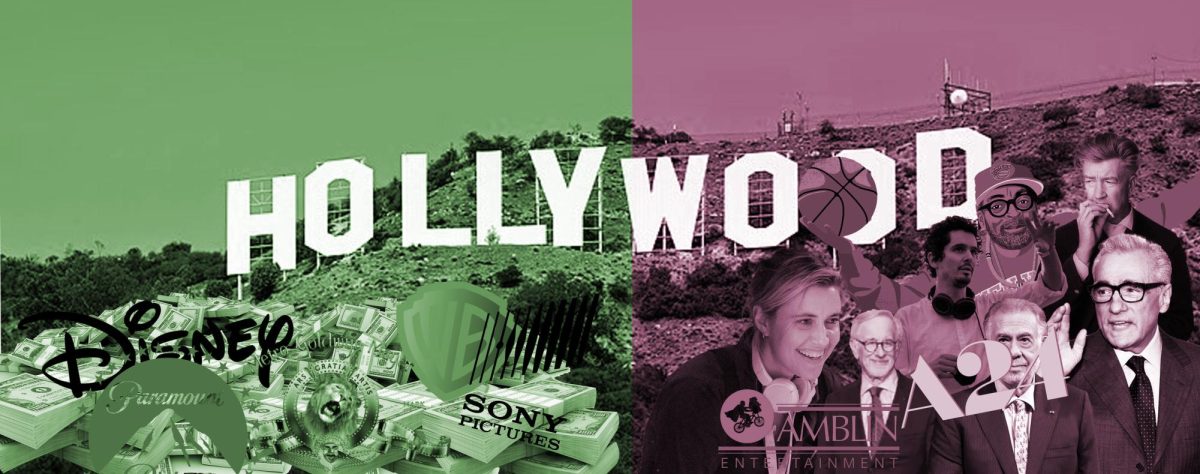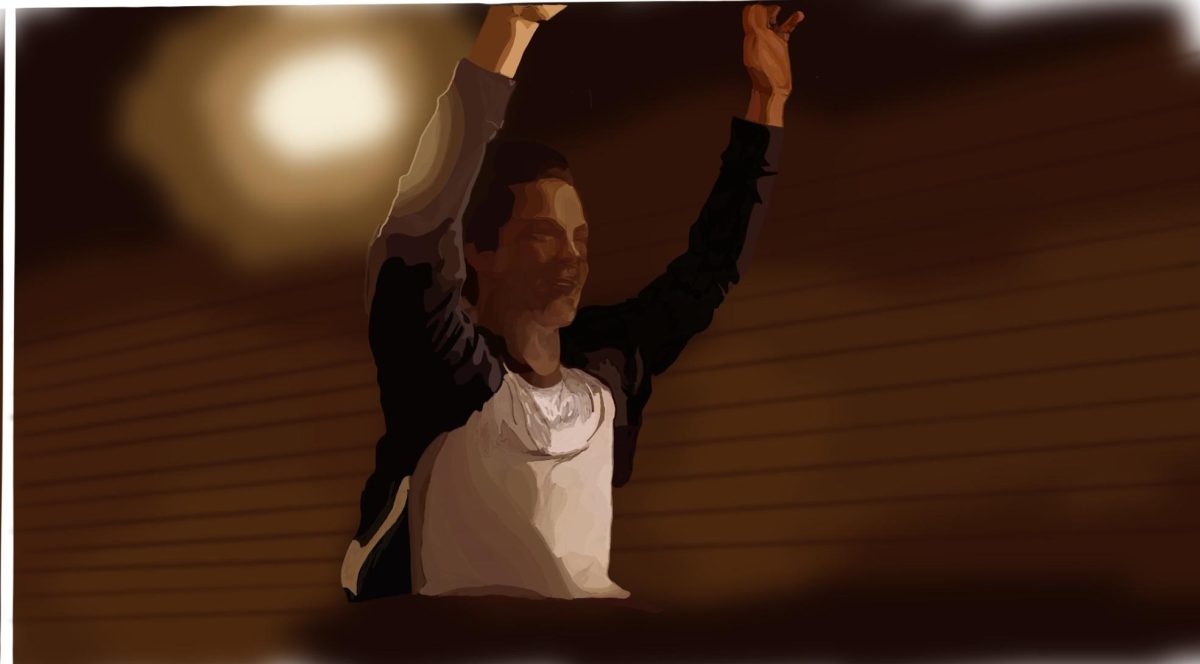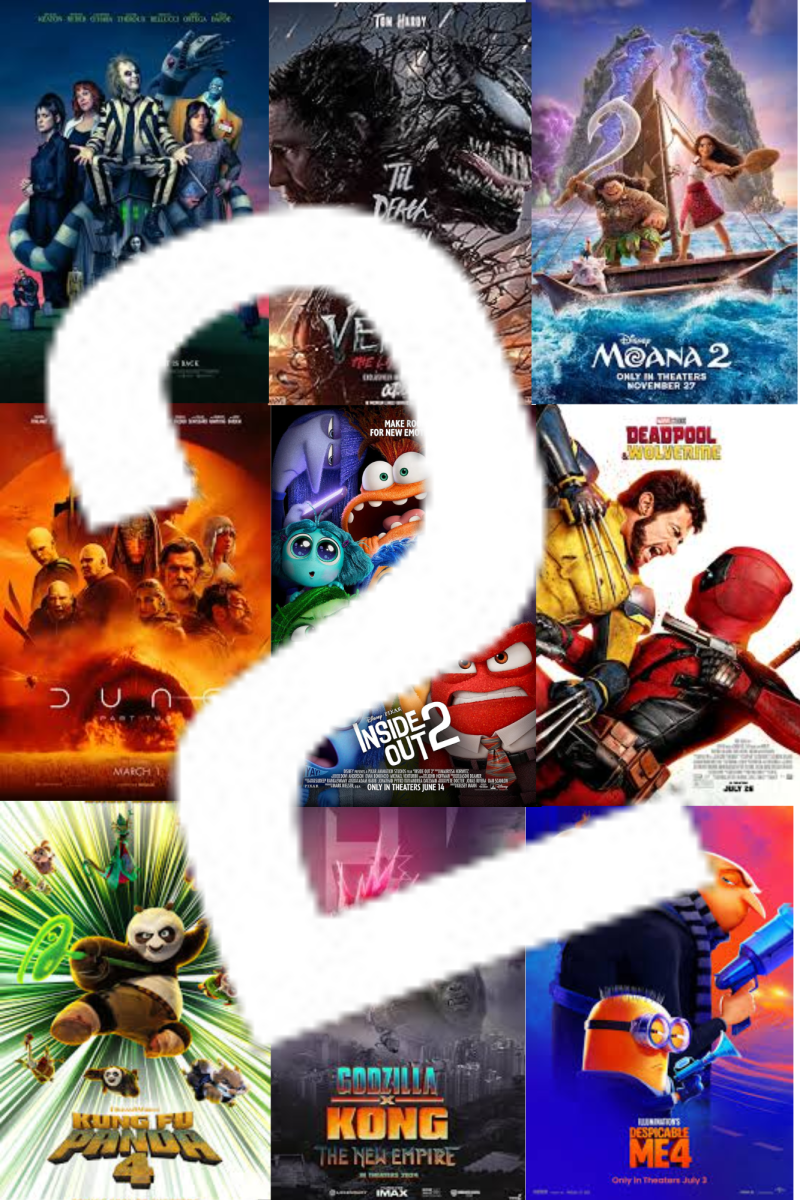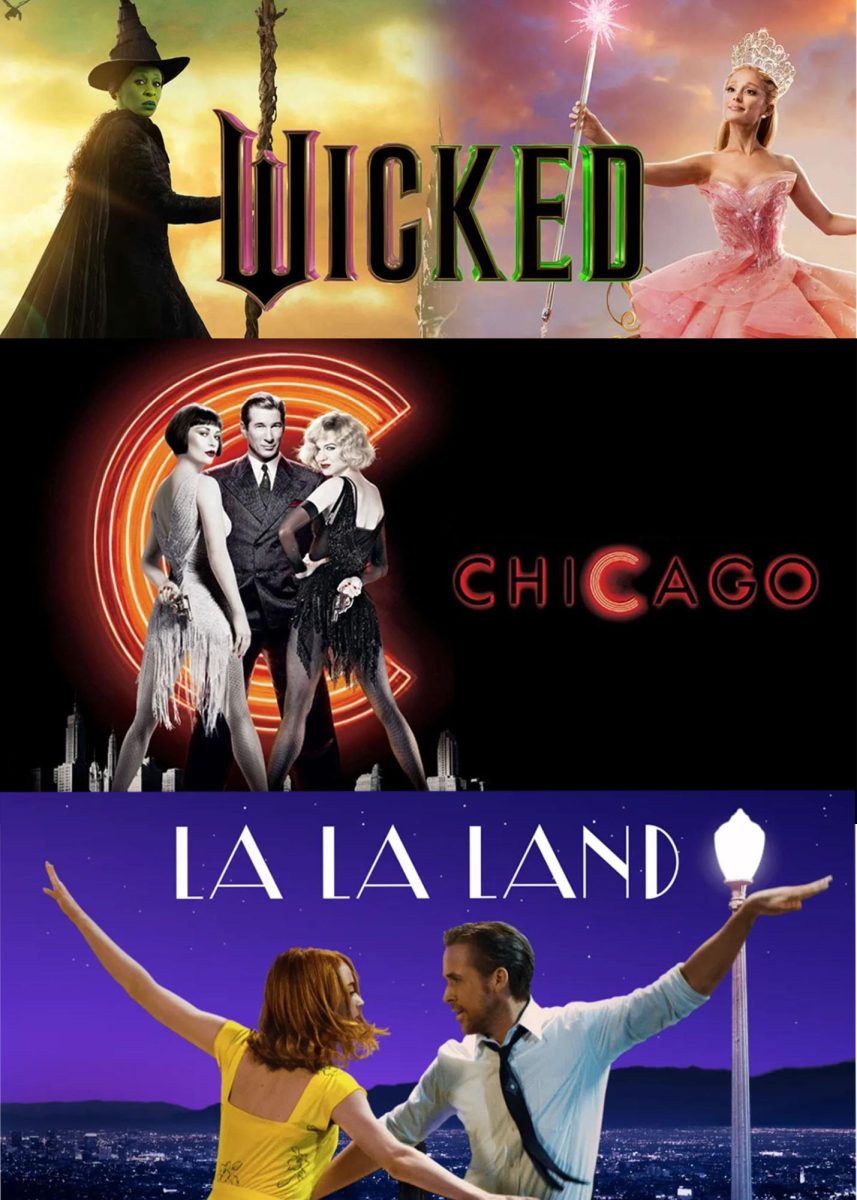Piglet, Eeyore, Tigger and Winnie-The-Pooh: names that will ring a bell to virtually anyone. Winnie-The-Pooh has been one of children’s favorite cartoon characters since the original book was published by Alan Alexander “A.A.” Milne in 1926. Recently, the story behind the tale was revealed in a heart-wrenching movie entitled “Goodbye Christopher Robin.”
Everyone knows “Winnie-The-Pooh” as the tubby, little, happy bear who enjoys “hunny” and adventures, but Director Simon Curtis tells how the character and his friends came to be. The characters are based off of Milne’s son, Christopher Robin Milne, and his toys. Young Christopher Robin, or Billy Moon as his family called him, was played by Will Tilston.
In the beginning of the film, well-regarded author A.A. Milne (Domhnall Gleeson) returned from serving England on the western front during World War I, tainted with severe Post-Traumatic Stress Disorder (PTSD) and unable to work. Disney portrayed Alan’s PTSD in an insightful manner—using instances like a simple balloon popping—to help the audience further understand what was going on in his mind.
Milne envied the happiness his son got from playing with his stuffed animals, and that is where he derived his inspiration for Winnie-The-Pooh. The happy-go-lucky adventures of Winnie and friends were just what was needed post World War I when the first edition of the book was developed.
Soon enough, the book became a sensation, cheering up the world and bringing light back into the eyes of parents and children alike. All the while, the book destroyed little Billy Moon. The following years of his life became a depressing portrait of child abuse sealed with a publisher’s mark. His father had exploited his childhood for money and fame, corrupting his family.
The boy became a star overnight and Billy Moon was no more. Even the boy’s parents had forgotten his family name. In the film, Disney shows that Billy—who was only eight at the time—was unable to handle being shuttled around to countless press events everyday.
Milne was neglected and tormented by fame to the point where he forced his father to send him to fight in World War II in attempt to escape his connotation with the book.
After watching “Goodbye Christopher Robin,” the children’s books may never be viewed the same way again. The colossal franchise has continued for almost a century now, despite its negative impact on the Milne family, and it has spread to include movies, television shows and even video games. Not long ago, the book was voted the best-loved children’s book in England.
One can only wonder what Christopher Robin “Billy Moon” Milne would think of the film, as “Goodbye Christopher Robin” has finally unearthed his side of the toxic story.







